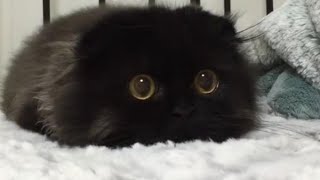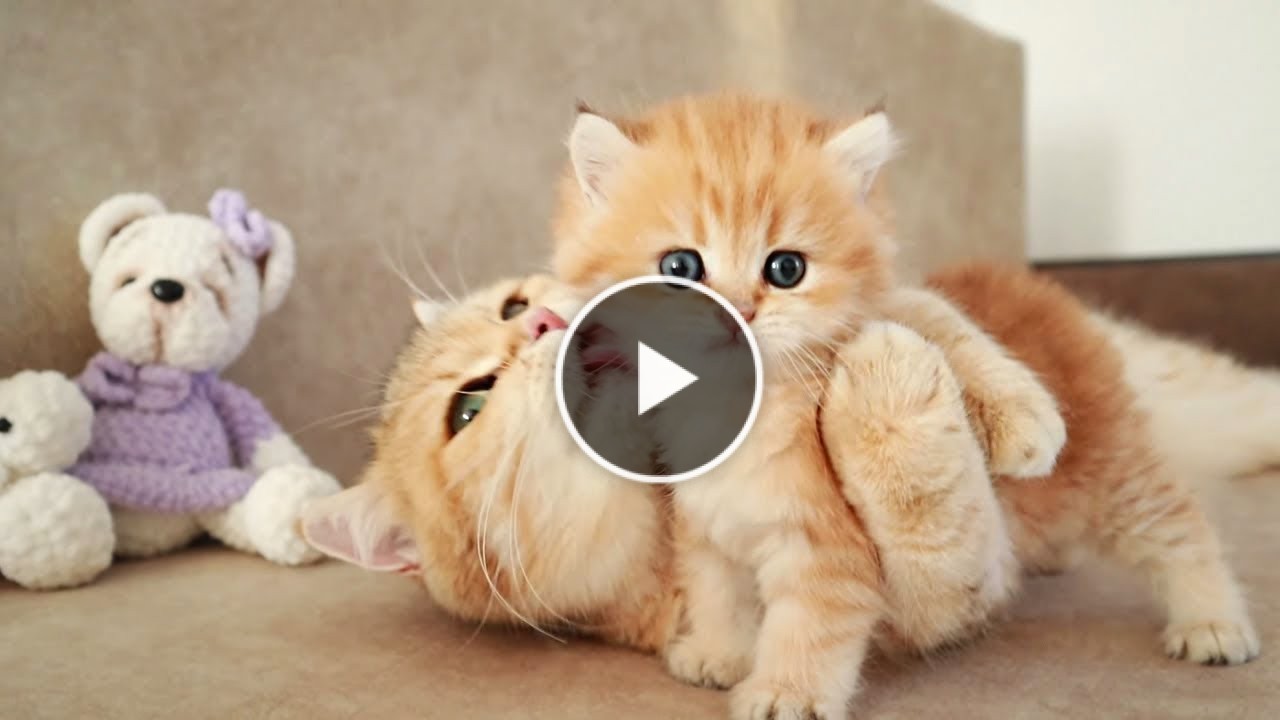Imagine coming home after a long day, feeling like you’ve been through the wringer. But then, there’s your dog, tail wagging like it’s the world’s greatest flag, ready to greet you with the same enthusiasm every single time. It’s like they know exactly when you need a morale boost. Studies show that having a pet can reduce feelings of loneliness and anxiety. Those fluffy companions encourage physical activity too! Going for walks with your dog or playing fetch can release those feel-good endorphins, giving you a natural high that chases away the blues.
Now, let’s chat about routine. Pets thrive on it, and guess what? That can help you create a structure in your day. Feeding, walking, and caring for your pet adds a layer of responsibility that can spark a sense of purpose. It’s like having a little buddy who reminds you to focus on the here and now, pulling you away from the stressors of everyday life.
And how about those bonding moments? Whether it’s snuggling on the couch or sharing a goofy game of chase, pets bring joy and laughter into our lives. These moments can be incredibly therapeutic, acting as a salve for anxiety and depression. It’s almost poetic—your pet doesn’t just share your space; they share your heart, making everything feel a tad brighter and a whole lot more manageable.
Furry Therapists: How Pets Become Essential Companions in Mental Wellness


Have you ever noticed how your mood lifts when your dog jumps into your lap or your cat curls up next to you? It’s not just in your head; there’s science backing this up! Interacting with pets releases oxytocin, the same hormone that makes us feel bonded to each other. So, when you’re feeling overwhelmed or anxious, a snuggle session with your furry friend can be incredibly therapeutic.
Pets don’t judge us or expect anything in return. They live in the moment, teaching us to do the same. Imagine trying to explain your worries to a dog. They wouldn’t roll their eyes or offer unsolicited advice. Instead, they’d just tilt their head, wag their tail, and offer you a soft paw. They remind us that it’s okay to take a break, to breathe, and to enjoy life’s simple pleasures.
And let’s not forget about the joy of routine that comes with owning a pet. Their need for walks, playtime, and feeding can give structure to our days. It’s almost like they’re saying, “Hey, let’s get outside for a bit!” This gentle nudge can lead to fresh air and a change of scenery, both of which are crucial for our mental health.
So, next time life feels a bit too heavy, remember that sometimes, the best therapy comes with a wagging tail or a gentle purr. Our furry friends are more than just pets; they’re essential companions on our journey to mental wellness.
Paws and Peace: Unpacking the Science Behind Pets and Emotional Health
When you stroke your pup’s soft fur or play fetch with your cat, your brain releases a cocktail of feel-good chemicals, including oxytocin and serotonin. These are the same hormones responsible for those warm, fuzzy feelings you get when you’re around loved ones. It’s like having a little happiness factory right at home! Ever catch yourself laughing at a silly cat video? That’s your brain’s way of making you feel good.
But wait, there’s more! Research shows that having pets can actually lower your stress levels. Imagine your heart rate slowing down and your worries melting away just because you’ve spent a few minutes snuggling your dog. It’s true! Pets often provide a sense of purpose and routine, especially during tough times when everything else feels chaotic.
Moreover, let’s talk about the magic of companionship. Pets are non-judgmental listeners who are always there to lend an ear without offering unsolicited advice. Whether it’s a wagging tail or a soft purr, the comfort they provide can ease anxiety and combat feelings of loneliness. Can you remember a time when just being near your pet turned a bad day into a better one? That’s no coincidence; it’s a reflection of the emotional support they offer.
The Healing Powers of Pets: Transforming Lives One Wag at a Time
Picture this: you’ve had a long, stressful day. Your furry buddy greets you at the door with a wagging tail, as if to say, “I’m here to help!” There’s something profound about that unspoken bond. Pets can sense our emotions—they’re like furry therapists. The simple act of petting a dog can release oxytocin, that feel-good hormone that reduces stress and anxiety. It’s almost like a warm hug, isn’t it?
And let’s talk about the joy they bring. Imagine a child giggling uncontrollably as a puppy playfully tumbles over. It’s pure happiness, isn’t it? Pets have this innate ability to remind us of the simpler joys in life. They motivate us to get outside, explore the world, and commune with nature. Walking a dog, for example, transforms a mundane chore into an adventure filled with fresh air and new smells.
From Stress to Serenity: The Positive Effects of Pet Ownership on Mental Health
Now, let’s dig deeper into why having a pet is like discovering your own secret weapon against stress. First off, pets are excellent listeners. They don’t judge, they don’t interrupt, and they certainly won’t spill your secrets. When you’ve had a rough day and just need someone to vent to, your dog or cat is your perfect confidant, quietly offering their presence and love. It’s like having a non-judgmental therapist by your side!
But it doesn’t stop there—pets bring a routine to your life. When you have to walk your dog or feed your cat, you’re also keeping yourself active. That simple act of stepping outside or getting up to play can shift your mood from gloomy to groovy. Think of it as a mini workout, releasing those feel-good endorphins, giving you that rush of happiness. It’s like having a built-in cheerleader encouraging you to get moving!
Not to mention, the sheer joy of watching your pet’s antics can bring instant laughter into your life. Whether it’s your cat chasing a laser pointer or your dog doing a silly dance for treats, these moments of pure joy create a sense of lightness. Who knew that a furry little creature could turn your frown upside down?






